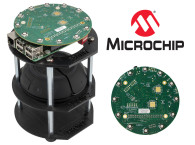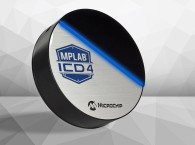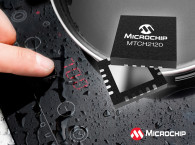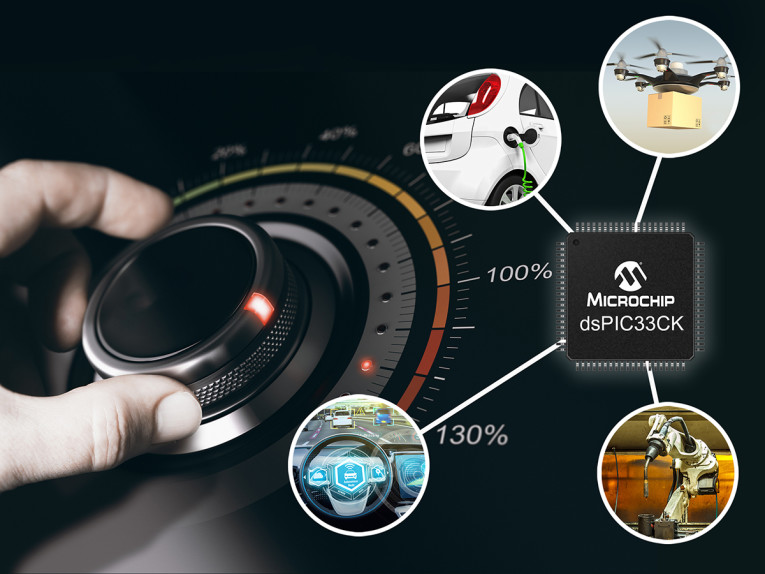
System designers looking for digital signal processing power with the design simplicity of a microcontroller (MCU) can now utilize a new family of 16-bit Digital Signal Controllers (DSCs) from Microchip Technology. Designed to deliver faster deterministic performance in time-critical control applications, the new dsPIC33CK DSCs have expanded context selected registers to reduce interrupt latency and new, faster instruction execution to accelerate Digital Signal Processor (DSP) routines. This dsPIC33CK single-core family complements the recently announced dsPIC33CH dual-core family based on the same core.
For digital power applications requiring sophisticated algorithms, it has been designed specifically for power factor correction. The new DSCs are also designed to ease functional safety certification required by many automotive, medical and appliance applications where safe operation and shutdown in failure situations are critical. The devices include integrated functional safety features for safety-critical designs such as: RAM Built-In Self-Test (BIST) for checking RAM health and functionality; Deadman Timer for monitoring the health of application software through periodic timer interrupts within a specified timing window; Dual Watchdog Timers (WDT); Flash Error Correction Code (ECC); Brown Out Reset (BOR); Power On Reset (POR); and Fail Safe Clock Monitor (FSCM).
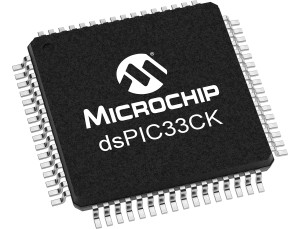 “Microchip’s 16-bit DSCs are highly efficient with minimal delay or latency into the system, and this new core is our best yet,” says Joe Thomsen, vice president of Microchip’s MCU16 business unit. “The feature set and performance make the dsPIC33CK family ideal for time-critical functions such as controlling the precise speed or rotation of a motor, as well as safety-critical functions to ease functional safety certification and ensure dependable operation.”
“Microchip’s 16-bit DSCs are highly efficient with minimal delay or latency into the system, and this new core is our best yet,” says Joe Thomsen, vice president of Microchip’s MCU16 business unit. “The feature set and performance make the dsPIC33CK family ideal for time-critical functions such as controlling the precise speed or rotation of a motor, as well as safety-critical functions to ease functional safety certification and ensure dependable operation.”The dsPIC33CK family features a CAN-FD communication bus to support new automotive communication standards. It comes with a high level of analog integration including high-speed ADCs (3.5 Msps), analog comparators with DACs, and operational amplifiers, enabling motor control applications with smaller footprints and lower bill of material costs. The DSCs include a 250 ps resolution PWM which is ideal for advanced digital power topologies. Live update of firmware (with up to 2 × 128 KB blocks) is also offered to support high-availability systems, especially important for digital power supplies.
The dsPIC33CK is supported by Microchip’s MPLAB development ecosystem including Microchip’s free, downloadable MPLAB X Integrated Development Environment (IDE), MPLAB Code Configurator, MPLAB XC16 C Compiler tool chain and MPLAB in-circuit debugger/programmer tools.
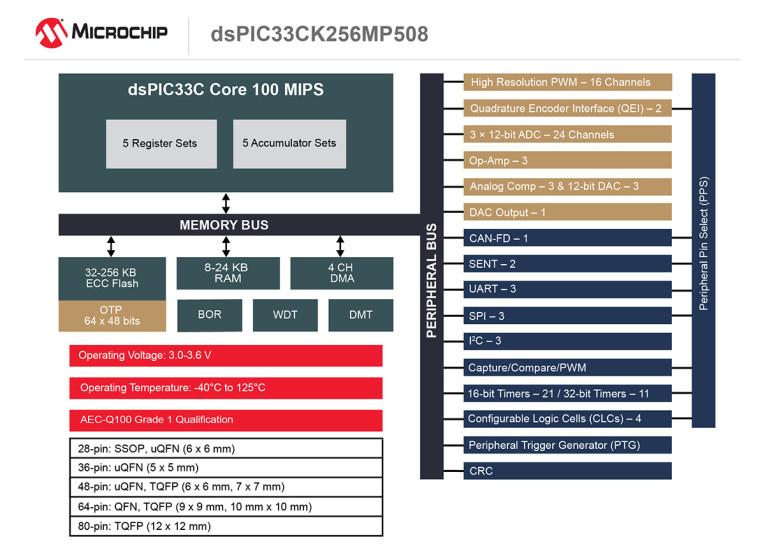
The dsPIC33CK Curiosity development board (DM330030) is a cost-effective and flexible platform enabling customers to rapidly create a feature-rich prototype. Motor control PIMs are available with internal (MA330041-2) and external (MA330041-1) op amps for use with for Microchip’s MCLV-2 and MCHV-2/3 systems. The dsPIC33CK PIM for general purpose platforms (MA330042) is available for the Explorer 16/32 Development Board (DM240001-2). The Digital Power Starter Kit (DPSK-3, DM330017-3) is being updated to feature the dsPIC33CK256MP508.
The dsPIC33CK is available in eight package variants, from 28 to 80 pins and as small as 5 x 5 mm. Memory sizes range from 32 to 256 KB of Flash. The Digital Power Starter Kit will be available in October 2018 for $129.99.
www.microchip.com




